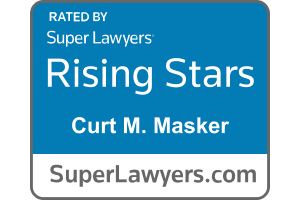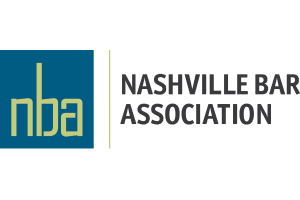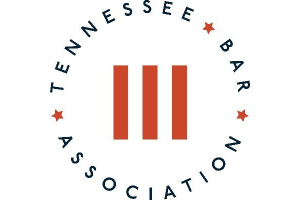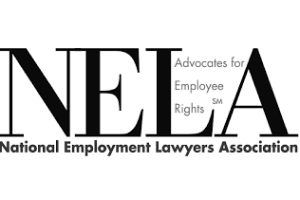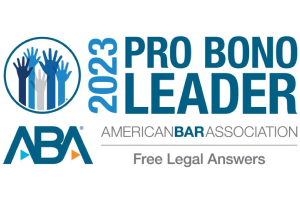for Workers
Qui Tam Actions Under the False Claims Act
Qui Tam Lawsuits in Nashville
You recently discovered that your employer is committing fraud. You now find yourself between a rock (potential criminal liability) and a hard place (speaking out and being fired). You need a lawyer in your corner who can help you determine the best course of action.
Our team of Nashville-based employment lawyers fight on behalf of workers who refuse to participate in their employers’ fraudulent schemes. You can contact us at the number above or online for a free online case review.
The False Claims Act
In an effort to reduce fraud against the government, Congress passed a law that incentivizes individuals with nonpublic information to report companies and individuals who defraud the government. The False Claims Act (“FCA”), also known as “Lincoln’s Law,” allows private citizens to sue on behalf of the government. So-called “qui tam” actions are a form of private enforcement under the federal False Claims Act, which permits parties to recover damages and penalties for reporting fraud against the government. As a reward, the whistleblower keeps a portion of any award or settlement (roughly 15-30% depending on various factors).
Types of Whistleblowers
FCA whistleblowers are usually current or former employees who have been mistreated after reporting or otherwise trying to prevent fraud against the government. In Tennessee, whistleblowers often come from the healthcare industry in the following positions:
- Employees in the billing department of a company that receives payments from Medicare and Medicaid/TennCare
- Account Managers
- Accounting Professionals
- Executives
- Nurses
- Research & Development employees
- Doctors
- Lab technicians
- Hospital administrative employees
- Pharmaceutical employees
Do I Have a Good Case?
Several factors impact whether or not a a qui tam case is legally viable, including:
- Magnitude of Harm. The biggest consideration is the magnitude of the harm to the government, including the amount of money likely to be recovered and any non-monetary harm such as risk of danger to public health.
- Strength of Evidence. The U.S. Department of Justice will scrutinize every piece of evidence to assess the strength of the case, including billing records, emails, recordings, and other documentation.
A good qui tam lawyer can help you organize your documentation and persuasively present it to the government.
How Much Money Can I Receive Under the False Claims Act?
The short answer is somewhere in the range of 15-25% of any award or settlement if the government intervenes or about 25-30% if the government declines to intervene. Whistleblowers have earned billions of dollars under the FCA’s qui tam provision since it was originally enacted.
Act Quickly
Once a person has filed a qui tam lawsuit, no one else may file a related action based on the same underlying facts. In other words, if someone beats you to the punch then you lose your standing. You need to move quickly.
Steps of a Qui Tam Whistleblower Action
- Legal Consultation. The first step is an initial consultation with a qui tam lawyer to discuss the whistleblower’s nonpublic information of fraud against the government. The whistleblower speaks with a qui tam lawyer to review the evidence and legal merit of the case. If the claim has legal merit, the whistleblower and firm enter into a contingency fee agreement that explains the scope of the firm’s legal representation.
- Case Preparation. The firm spends a significant amount of resources to prepare a disclosure statement for the government and a complaint to file with the court.
- DOJ Review. The firm files the lawsuit “under seal” and provides the complaint to the U.S. Attorney’s Office so the government can review the claims and develop allegations should the government choose to intervene. The firm also provides the disclosure statement to the U.S. Department of Justice, which is a jurisdictional requirement for a qui tam action.
- Filing and Negotiations. During the seal period the case is not public and the company is not notified. Sometimes the government may ask the court to lift the seal so the parties can discuss the claims and negotiate a potential settlement.
- Intervention Decision. The government makes a decision whether or not to intervene in the case. Typically the government will intervene in extraordinary cases involving an immediate threat to public health and/or the claims involve a significant amount of money (in the millions) defrauded from the government. If the government intervenes, the DOJ will assist the whistleblower and his or her attorney with the case. If the government does not intervene, the whistleblower and his/her attorney can continue to litigate the case in court without government assistance.
Theories of FCA Liability
A. Direct False Claim
A direct false claim involves making an intentionally false representation that causes the government to pay more than it would have absent the misrepresentation. For example, a hospital that bills for services that were not rendered or double bills for services. Each false submission is a “claim.”
B. Express False Certification
Express false certification involves a defendant expressly certifying compliance with a required contract provision, statute, regulation, or governmental program. For example, a medical provider may be liable for submitting a false claim if it falsely certifies compliance with Medicare anti-kickback regulations.
C. Implied False Certification
Implied certification involves a defendant without expressly certifying compliance with a contract provision, statute, regulation, or governmental program.
Act Quickly – Call Rickard Masker, PLC
To have a viable qui tam action, you must be the “original source” of the information. In other words, if anyone discloses the fraud before you, you do not have a claim. Thus, time is of the essence and you should not wait to act.
Contact our Nashville qui tam lawyers for a free and confidential case review at the number above or online.


